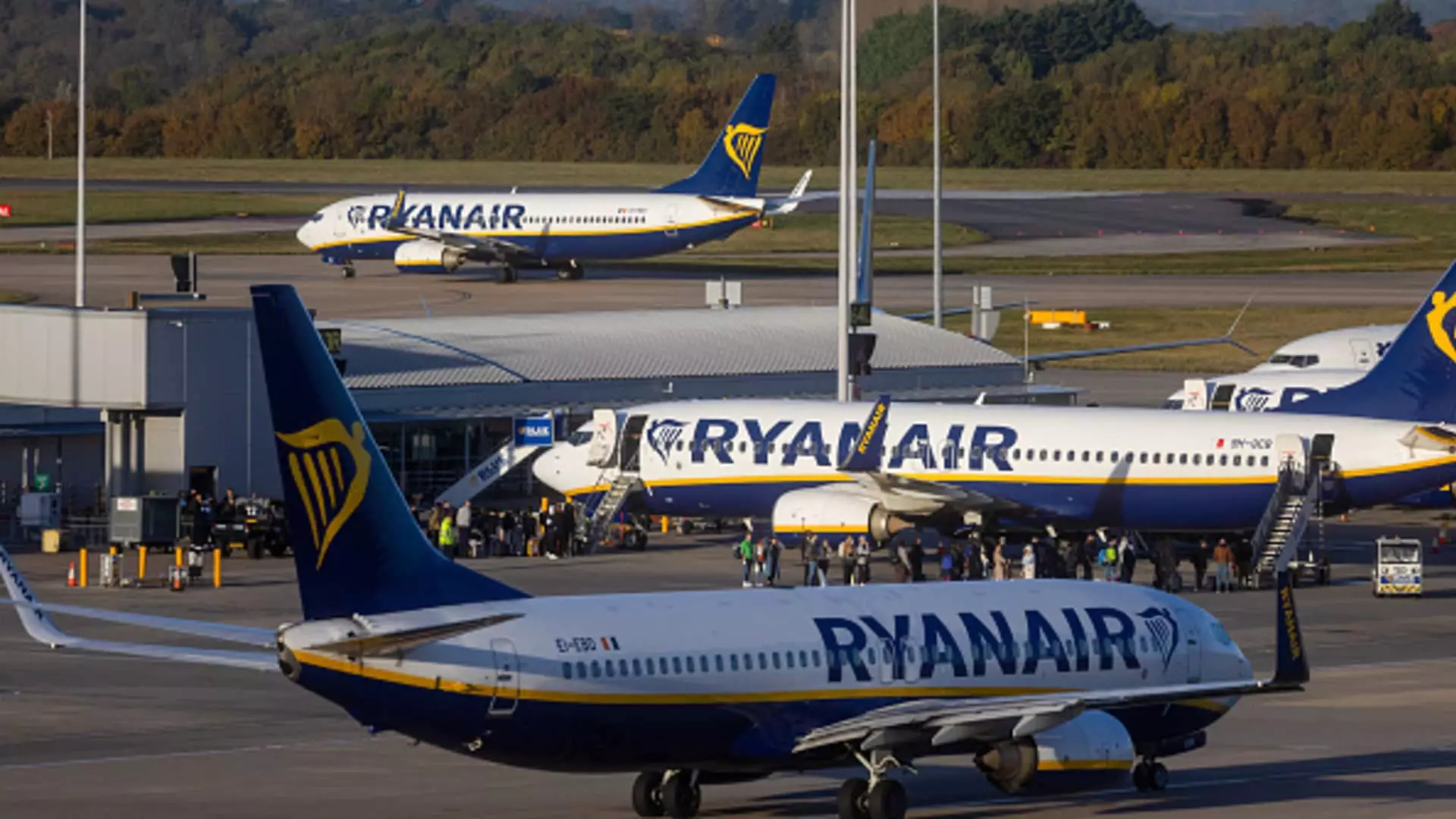Low-cost carrier Ryanair recently announced its best-ever annual profit, showcasing a 34% increase in profit after tax, reaching 1.92 billion euros. The airline also experienced a 25% rise in revenue, totaling 13.44 billion euros for the full year. These figures are impressive, especially considering the 23% increase in passengers served, reaching 184 million travelers compared to pre-Covid numbers.
Despite the positive financial results, Ryanair faced challenges with a spike in operating costs. Costs soared by 24% annually, and the airline’s jet fuel bill jumped by 32%. However, the increase in both traffic numbers and fares helped offset these rising costs, leading to a successful financial year overall. Additionally, Ryanair introduced a 700-million-euro share buyback program, reflecting confidence in its balance sheet and financial stability. Chief Financial Officer Neil Sorahan emphasized the company’s commitment to rewarding shareholders while maintaining a strong financial position.
Although Ryanair delivered record profits, the airline cautioned about a weaker pricing environment in the current quarter. Analysts noted that recent pricing trends had been softer than expected, leading to concerns about the impact on the peak summer season. CEO Michael O’Leary attributed the softer pricing to a “recessionary feel” in Europe or weaker consumer sentiment. Despite the challenges, O’Leary expressed willingness to adjust fares to achieve high load factors, demonstrating flexibility in response to market conditions.
Ryanair faces additional challenges, including delays in new aircraft deliveries from Boeing and the grounding of Airbus planes due to engine issues. These challenges have led to capacity constraints, impacting the airline’s operations and growth prospects. However, Sorahan highlighted the positive aspect of dealing directly with customers following the withdrawal of flights from online travel agents, leading to more direct interactions with passengers. By addressing these challenges and leveraging new opportunities, Ryanair aims to maintain its competitive edge in the low-cost carrier market.
While Ryanair celebrated an outstanding financial performance, the airline must navigate a challenging pricing environment and operational constraints to sustain its growth trajectory. By staying agile, responding to market dynamics, and capitalizing on emerging opportunities, Ryanair can overcome these obstacles and continue its success in the aviation industry.

